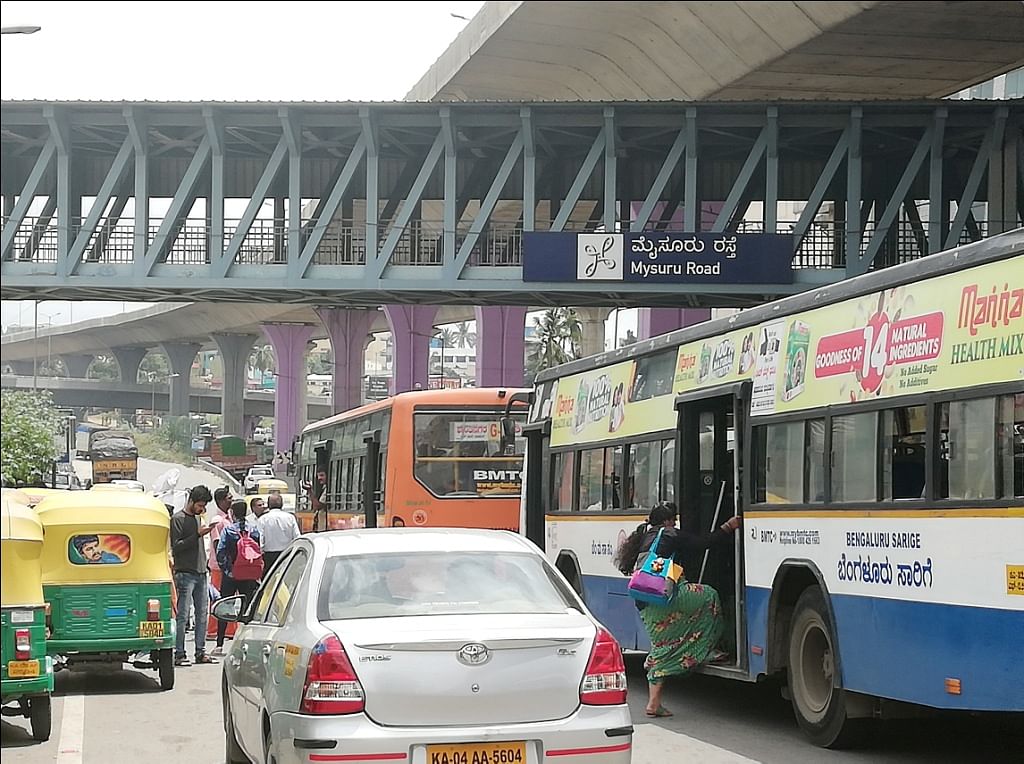Toyota Mobility Foundation to deploy 2- and 4-wheeler rental and ride-sharing solutions in Bangalore
Products made available will include electric scooters with keyless entry, electric cycles, electrified car and micro transit options for ride sharing, with different business models, to better understand what the citizens of the city want.
Toyota Mobility Foundation (TMF) and the World Resources Institute (WRI) have initiated a project to deploy two- and four-wheeler rental and ride sharing solutions to alleviate traffic congestion and facilitate enhanced first- and last-mile connectivity at six metro stations in Bangalore.
Each of the six metro stations will be characterised under distinct typologies based on the land-use and development around the station area. Products made available will include electric scooters with keyless entry, electric cycles, electrified car and micro transit options for ride sharing, with different business models, to better understand what the citizens of the city want. After a one-year period, findings from these six metro station use cases will be shared with the government and other interested stakeholders.
This project is an extension of the Station Access and Mobility Program (STAMP) initiated by TMF and WRI, from December 2016 through 2017, to facilitate high-quality first and last mile connectivity solutions, through a challenge platform that identifies innovative technologies and business models for mobility.
Project Overview
The project is scheduled for a period of one year (August 2018 - July 2019). TMF and WRI have selected Bangalore-based two-wheeler rental company, Wicked Ride to test the solutions. The partners state the solution for metrobikes will enable consumers to use scooters at the metro station, that can be dropped off at any place. The customers can pick-up any bike closest to them using keyless entry and the two-wheelers can be re-allocated at the end of the day. The project will also see roll out of electric scooters along with electric bicycles being tested.

In terms of cars, the project is testing on-demand pick-up service using electric vehicles or internal combustion engine for micro-transit.
Hyderabad next in line
TMF, along with WRI, have also extended STAMP across Indian cities through a three-year, multi-city initiative, with the next identified city being Hyderabad, in which innovative ideas last-mile connectivity solutions are being recognized and catalyzed. Through these solutions we expect an integrated and seamless mobility experience for the customers by building upon the mass rapid transit initiatives of the Indian government.
RELATED ARTICLES
Cosmo First diversifies into paint protection film and ceramic coatings
The Aurangabad, Maharashtra-based packaging materials supplier is leveraging its competencies in plastic films and speci...
JSW MG Motor India confident of selling 1,000 M9 electric MPVs in first year
The 5.2-metre-long, seven-seater luxury electric MPV, which will be locally assembled at the Halol plant in Gujarat, wil...
Modern Automotives targets 25% CAGR in forged components by FY2031, diversifies into e-3Ws
The Tier-1 component supplier of forged components such as connecting rods, crankshafts, tie-rods, and fork bridges to l...






 By Autocar Professional Bureau
By Autocar Professional Bureau
 20 Jul 2018
20 Jul 2018
 5894 Views
5894 Views









